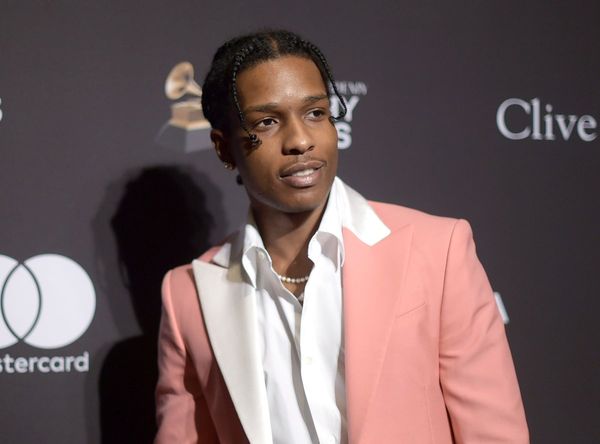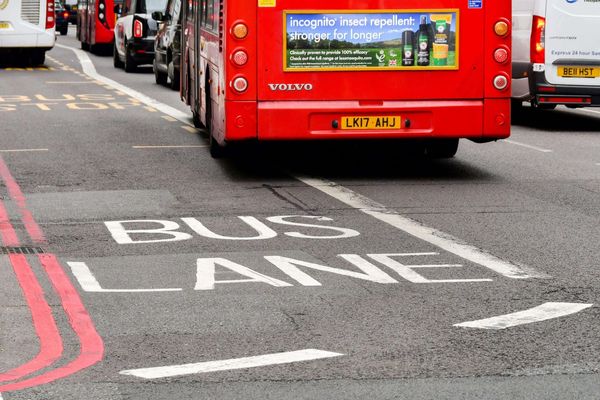
Ouagadougou (AFP) - The ochre, weather-worn walls and tree-lined canal give a sense of tranquillity to the University of Ouagadougou, the highest institute of learning in crisis-stricken Burkina Faso.
It was here, in the university's Khadafi lecture theatre, that in November 2017 French President Emmanuel Macron met hundreds of students, impressing many with his call for Burkina and its former coloniser to turn the page on their often-fractious past.
Today, Macron's ringing appeal seems to be a footnote of history -- and many Burkinabe are divided about where their future with France should lie.
Wracked by an Islamist insurgency that has sparked two military coups, Burkina Faso has bust up with France, forcing out its ambassador and prompting it to end its 15-year-long military support.
Time-honoured accusations of France's complicity with African dictators and its "post-colonialist" exploitation of the continent are flying again.
Last weekend, the tricolour was discreetly lowered at a base near the capital Ouagadougou where around 400 French special forces had been deployed to support Burkina's beleaguered army in its fight with the jihadists.
Their departure follows France's exit from Mali, where it faced mounting hostility from the ruling junta after opposing its decision to bring in Russian paramilitaries.
"What was impossible became possible," is the triumphant verdict of Lassane Sawadogo, head of the Front for the Defence of the Fatherland (FDS) -- a pro-junta movement which regularly stages rallies where Russian flags are prominent.
"I urge French people to understand that we don't have problems with them, we don't even hate President Emmanuel Macron," he said.
"But we do hate this system which has been imposed on us from the past, and which he is perpetuating."
'Friends, brothers'
"French leaders are talking up anti-French feeling in Africa so that they can stir up public opinion at home," said Pema Neya, who as a student leader attended Macron's historic talk.
"That's unfair.The French people are friends, brothers, they are very welcome here," he said.
"Many of them live here, they experience the same realities.But young people are fed up with condescending and paternalistic French policies," Neya added, saying this attitude was "nothing to do" with any support for Russia.
Burkinabe analyst Mahamoudou Sawadogo agreed, saying "It's French policies that are being attacked, but not French people.France's attitude of accepting this may help to calm things down."
Oumarou Paul Koalaga, a specialist in international relations, said there remained a groundswell of attachment to France -- a trade partner, provider of aid and source of cultural support.
"There's a silent majority who may not have the possibility to express themselves," he said.
"When you look at social networks, the media, there's a clash of ideas.Not everyone is part of this thinking of a complete and abrupt breakoff with France.Unfortunately, these aren't the people you hear."
'Ill at ease'
A leading figure among Burkina Faso's civil society movement also said he was worried about the pro-junta and pro-Russian clamour.
"These groups make us feel ill at ease -- they are supported by young people, most of whom are illiterate.If you start criticising them, they accuse you of being pro-French."
In the past week, scores of members of the security forces have been killed in the deeply troubled north.
The bloodbath has prompted pro-Russian accounts on social media to suggest that foreign powers are supporting the jihadists in order to punish the junta for France's military exit.
Despite the pressure, Koalaga said the junta's hostility towards France was likely to be limited.
"The regime needs to have the backing of a certain sector of opinion, but in reality it doesn't want to go further," he said."Cooperation (with France) will continue."







